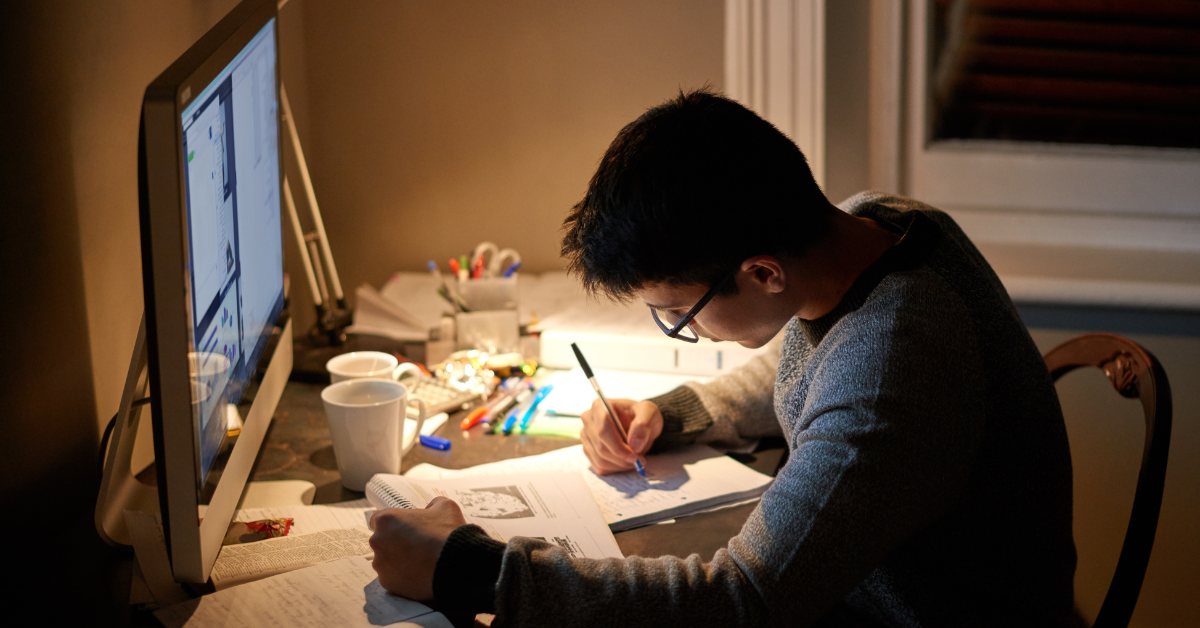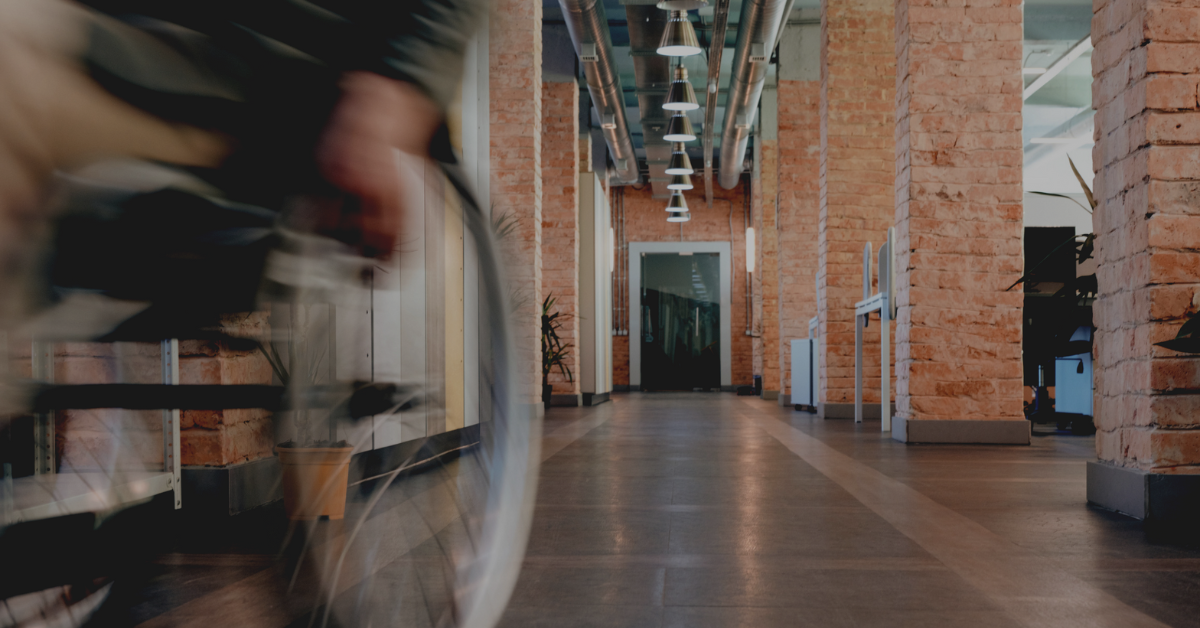Tag: disability
…by Kit / from Belgium / studying History (MA) / 3rd yearAll Posts Being at university, there’s always a time when we struggle to get work done. As a disabled student, this can be doubly true. Whether that’s due to ADHD goblin brain or bad health days, the tips and tricks below can help you […]
In their previous post, Seth gave some advice on what to do before you start university, so this next blog will touch on what to do AFTER you start your studies, and help you get the most out of them. When meeting your Cohort Lead talk about your disability and how it might impact your […]
Starting university is usually cause for anxiety in and of itself. It can be even more so when you have a disability, health condition or learning difference to consider. Student Ambassador Seth offers some advice on what to do before you start your studies which will, hopefully, make the process less stressful for you. Get […]




